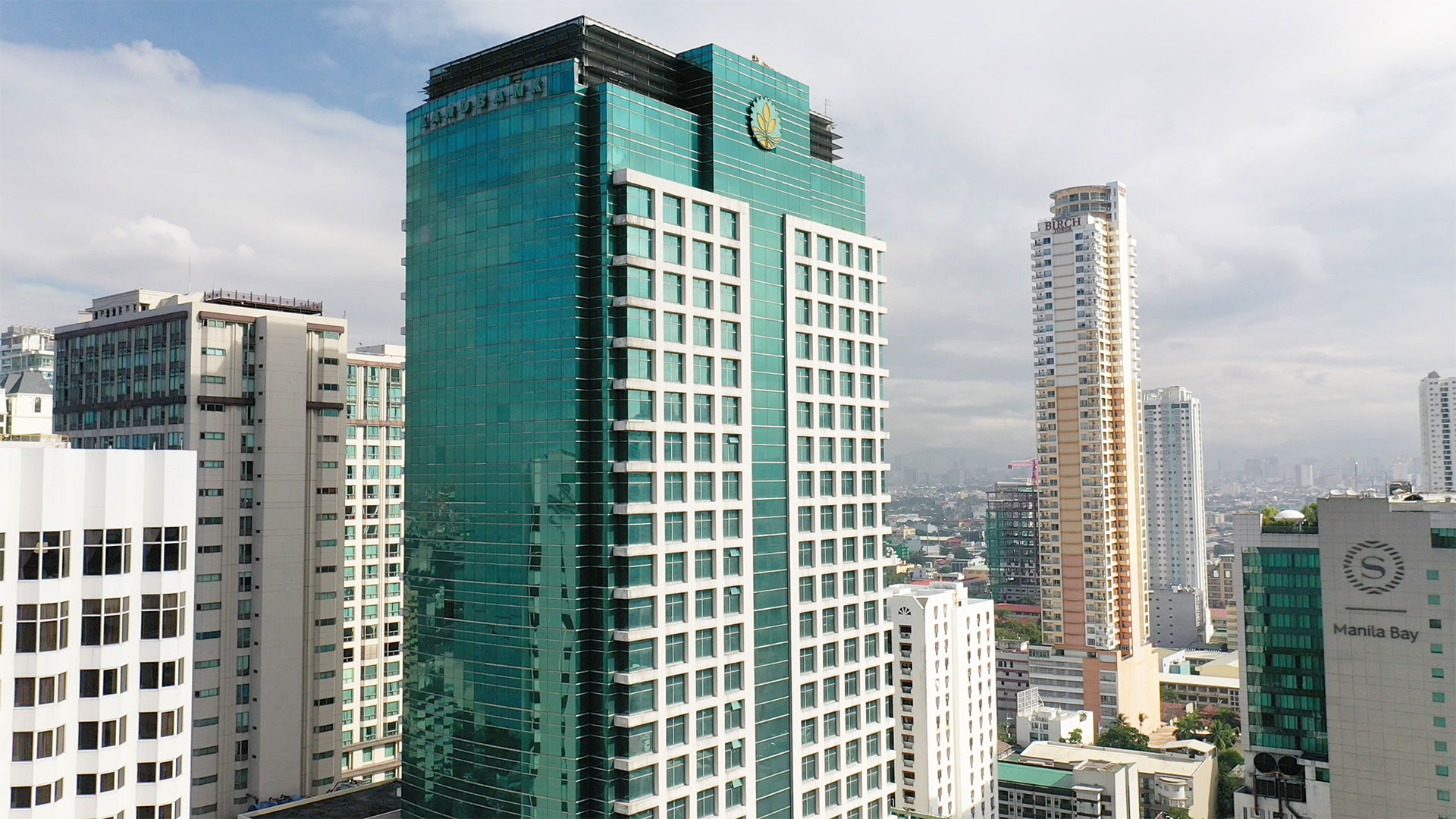Bank funders’ claim on Maharlika returns questioned in Senate

By Alyssa Nicole O. Tan, Reporter
THE GOVERNMENT banks providing capital to the Maharlika Investment Fund (MIF) have no clear claim on the fund’s returns in the bill setting up the proposed sovereign wealth fund, a Senate committee heard.
Senator Francis Joseph G. Escudero on Wednesday asked economic managers to provide specifics on how the Land Bank of the Philippines (LANDBANK) and the Development Bank of the Philippines (DBP) will share in the returns of the MIF.
“I did not see any provision in the bill stating that they have a share on their investment,” he said at a hearing of the Senate Banks, Financial Institutions and Currencies committee.
“So… LANDBANK and DBP (will) give money to this fund without the bill saying anything with respect to their return of their investment,” he said, noting only that the bill requires Maharlika to surrender 25% of its profits to the National Government,” he added. “If that is the case, given that the bill is silent, is this an interest-free loan from LANDBANK and DBP?”
National Treasurer Rosalia V. de Leon said that the bill may need further clarification with regard to the government banks’ share of the profits.
“The carved-out 25% will really just accrue for the investment of the National Government… so definitely there would also be dividends that would be declared for LANDBANK and DBP because of their contributions to the fund,” she said.
The bill calls for some of the fund’s initial capital to be provided by LANDBANK (P50 billion) and DBP (P25 billion).
The Bangko Sentral ng Pilipinas (BSP) has also been proposed as a funder at some point in the legislative process. If retained as funder, the central bank was to remit all of its dividends to Maharlika in the first and second fiscal years after the fund’s establishment. In succeeding years, BSP was to remit half of its dividends to the fund.
The bill will also require the Philippine Amusement and Gaming Corp. (PAGCOR) and other government-owned gaming operators to contribute at least 10% of their gross gaming revenue. Other proposed sources were royalties and special assessments on natural resources, proceeds from privatization of government assets, as well as debt taken on by Maharlika.
The returns due the government banks “should be predictable and stable,” Mr. Escudero said. “It should be clear from the very start, unlike their proposal where they leave it all up to the board of directors and the implementing rules and regulations.”
Mr. Escudero said the unclear arrangements for distributing profits could lead to mismanagement and abuse.
“The composition of the board itself does not reflect the capital contribution of the entities giving the money,” he added, noting that the government banks should be better represented, commensurate to their stakes.
“If you want proper corporate governance, isn’t it only right that LANDBANK have proportional representation on the board, so that (its nominees) can protect the bank’s investments,” he said.
“Same is true for DBP, same is true for PAGCOR, same is true for private individuals. In fact, you have already allocated representation for future private investors even though they have yet to contribute money,” he added.
The Maharlika board will have 15 members, including the Secretary of Finance, the fund’s chief executive officer, and the presidents of LANDBANK and the DBP.
Six regular members will represent other fund contributors and five independent directors from the private sector, academe, the business sector and the investment industry.
LANDBANK President and Chief Executive Officer Cecilia C. Borromeo proposed that the bill contain a formula for dividing up the returns — if not a set percentage, then a scheme which uses as reference the bank’s current average return on investment from its regular investments.
Governance Commission for Government-Owned or -Controlled Corporations (GCG) Commissioner Gideon DV. Mortel said the banks will be obliged to explain to their regulator, the GCG, the returns they will realize from Maharlika.
“DBP and LANDBANK will be doing some explaining on exactly what happened to their investment, because it will be part of their scorecard every year,” he said.
Senator Mark A. Villar, who chaired the hearing, asked economic managers to send projections on how Maharlika will benefit the country and its investors.
Mr. Escudero said at a news conference on Wednesday that the Senate and House version of the bill will vary greatly.
“There’s a big chance that it will be different… since that is the only hope for its passage (in the Senate),” Mr. Escudero said. “The current version that came from the House, I believe, will not pass the Senate.”
Finance Secretary Benjamin E. Diokno, speaking at the hearing, said that the passage of the Maharlika bill will likely accelerate the completion of infrastructure projects.
“The purpose of the fund is to widen the options available to the government,” he told the committee. Once Maharlika is established, “we’re thinking of funding large infrastructure projects.”
Mr. Diokno said it takes too long under the current system to fund and complete a large infrastructure project, citing as an example the international airport in Bicol which is allocated funding in installments every year.
“Let’s say P200 million this year, then P200 million next year; it’s taking too long for the project to finish, so the present value of the project, which should have been derived immediately, continues to decrease,” he said.
“If, let’s say, you can construct that within three years, in 10 years, there would already be a huge difference in terms of benefits,” he added.
Senator Ana Theresia N. Hontiveros-Baraquel, however, said the fund’s initial budget of P75 billion is too small to support big ticket projects.
Mr. Diokno said that “If the MIF is dedicated to huge projects like that, it will be easier to accomplish them… if the proposed budget (for a project) is cut by Congress, it cannot be established immediately. This is not aligned with the objective to have (projects) constructed as soon as possible to derive the most benefit.”
Ms. Hontiveros replied that Congress, especially those who are not inclined to vote for the Maharlika bill, will take “timely action, through the General Appropriations Act and legislative support, from those who seek alternative means of funding for important government projects other than the MIF.”
Ms. Hontiveros cited the potential for the MIF to add to the national debt.
“We would be better off strengthening existing economic and financial institutions and fulfilling our developmental aspirations,” she said.



